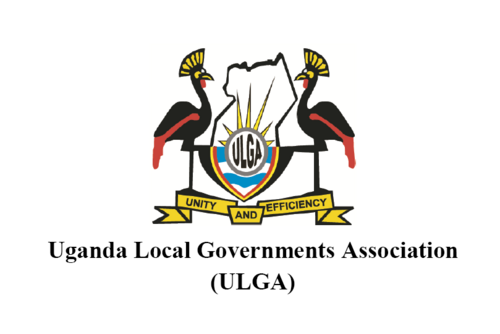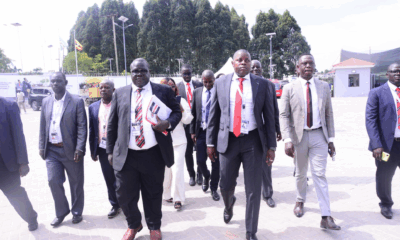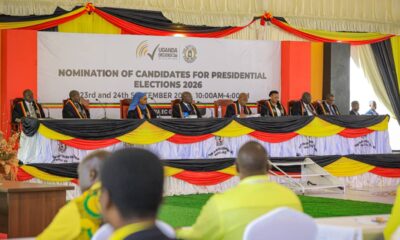Local government
Education Level of Councillors Under Scrutiny at Budget Consultative Meeting
Local leaders from various districts are urging the government to introduce a minimum academic qualification for LCV councillors, emphasizing the urgent need to enhance their capacity in carrying out oversight roles effectively.
This recommendation resurfaced during the Central Region’s budget consultative forum for the 2026/27 fiscal year, held in Masaka City and organized by the Ministry of Finance, Planning, and Economic Development.
Both political figures and technical officials at the meeting stressed that it is time for the government to revise the legal provisions to include educational requirements for councillors serving in district and urban councils.
Christine Tusubira Kazibwe, the Speaker of Mityana District Council, pointed out that the lack of formal education among some councillors continues to pose a significant obstacle to local governance. She believes this deficiency contributes to frequent conflicts and misrepresentation within councils.
She argues that in order for the government to achieve its strategic goals as outlined in the National Development Plan, local leaders must be equipped with the skills and understanding necessary to grasp policy directions and work towards fulfilling their communities’ development needs.
Tusubira further states that district councils often struggle to adopt and implement critical resolutions, explaining that “out of ignorance, the councillors fail to appreciate the processes and significance.”
At present, there is no legal academic requirement for individuals seeking councillor positions in local governments.
Elias Kasozi from Sembabule District Council notes that the existing law is outdated and fails to meet the current expectations and complexities of leadership.
He mentions that the proposal has been raised several times through platforms such as the Uganda Local Government Association (ULGA) and the Local Government Speakers Association, yet the government has not acted on it.
Kasozi calls upon the Ministry of Finance, Planning, and Economic Development to take the lead in advancing this initiative, suggesting it could play a key role in strengthening local governance structures.
Eric Kinobe, the Deputy Town Clerk of Mityana Municipality, suggests that following nearly 20 years of implementing the Universal Education Scheme at both primary and secondary levels, it is now reasonable to establish a minimum academic requirement, at least an ordinary level for district councillors.
He acknowledges that the existing educational gap between political leaders and technical personnel often fuels unnecessary disputes, ultimately undermining the quality of service delivery.
Source: URN
Comments

















